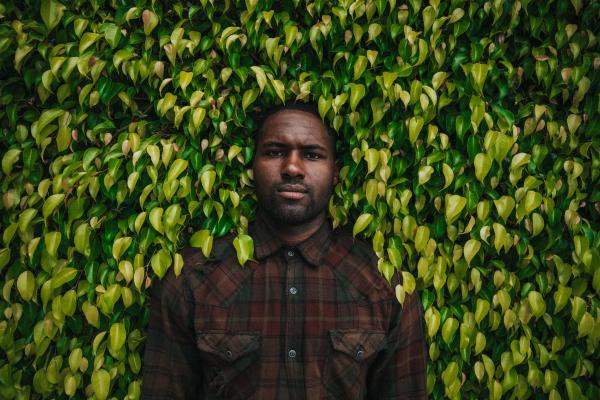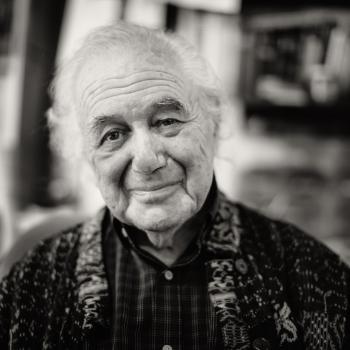
It takes more courage to reveal insecurities than to hide them,
more strength to relate to people than to dominate them,
more ‘manhood’ to abide by thought-out principles rather than blind reflex.
Toughness is in the soul and spirit, not in muscles and an immature mind.
The passage above is from the late Alex Karras who was anything but weak. Karras played with the NFL’s Detroit Lions for 12 years and was a four-time All Pro lineman. He later became a professional wrestler and then appeared as an actor in movies like Blazing Saddles and Victor/Victoria. Yet, he knew something that a lot of “tough guys” don’t know: the power of humility.
Humility by definition is a modest view of one’s own importance. It has also been defined (by the John Templeton Foundation) as “a virtue, a character trait that allows (one) to think and reason well. It is related to open-mindedness, a sense of one’s own fallibility, and a healthy recognition of one’s intellectual debts to others.” It’s also the opposite of “arrogance, closed-mindedness, and overconfidence in one’s own opinions and intellectual powers.”
John Templeton was known as a smart and shrewd businessman with an incredible work ethic. He built his namesake Templeton Growth Fund from the ground up into one of the largest and most successful mutual funds in the US, becoming a billionaire in the process. Yet, he never once boasted about his success. Why? Over a lifetime studying the world’s great philosophers and religions, he had come to this conclusion:
Those among the greatest who have ever lived acknowledge that their greatness comes not from their personal self but from a higher power working through them. The true meaning of humility is knowing that the personal self is but a vehicle of a higher power.
Templeton believed that the biggest barrier to us becoming the person we were meant to be in this life was our personal ego or what most of us identify as our “self.” And this “self” is ultimately flawed and lives a rather shallow existence. Templeton explains that:
The personal ego identifies with our appearance, our achievements, our possessions. It is this self that is inclined to compete with others, and to feel hurt or angry if it doesn’t get what it wants. It is this self that wants to feel important, to always be right and in control. Sound familiar?
Funny, I now read John’s words and think, yes, this does sound familiar. It sounds like our current POTUS. Templeton goes on to say that within each of us is a part separate from the ego, a “higher self,” that contains “a spark of the divine.” In many people, this higher self is hidden by the personal ego. We don’t see this more powerful part of ourselves because “we are blinded by our identification with the personal.”
Yet, solely identifying with the ego can be a mistake, because our higher self “is infinitely more loving and wise and is always there for us.” The more we put aside the ego and identify with this higher part of our being, and its humble nature, the more we come to recognize that “this is our real, essential self.” To quote Templeton:
To truly express greatness in our lives, we must learn to be humble. It is not our own personal greatness we should express, but a power far greater than ourselves. When we are willing to put aside the whims and demands of our personal selves to listen to the guidance of the greater self within, we gain access to an infinite source of power.
As the philosopher Jacob Needleman points out, when we escape the “day-to-day self” known as the ego, we realize there is something greater out there that lives both outside us and within us. It is to our benefit to diminish our ego, for it helps us realize our true potential and contribute to a greater good. In Needleman’s words:
Everything the ego always wanted—safety, security, happiness, the ability to give and receive love—is granted by this great thing outside me. Yet it is given to me within. And in that moment the ego submits, because it realizes that this great gift is not of its own making. This gift comes from God, and anyone can have it.
If you liked this story, you may also like Sage Advice From the 14th Dalai Lama: Don’t Be a Jerk.
















